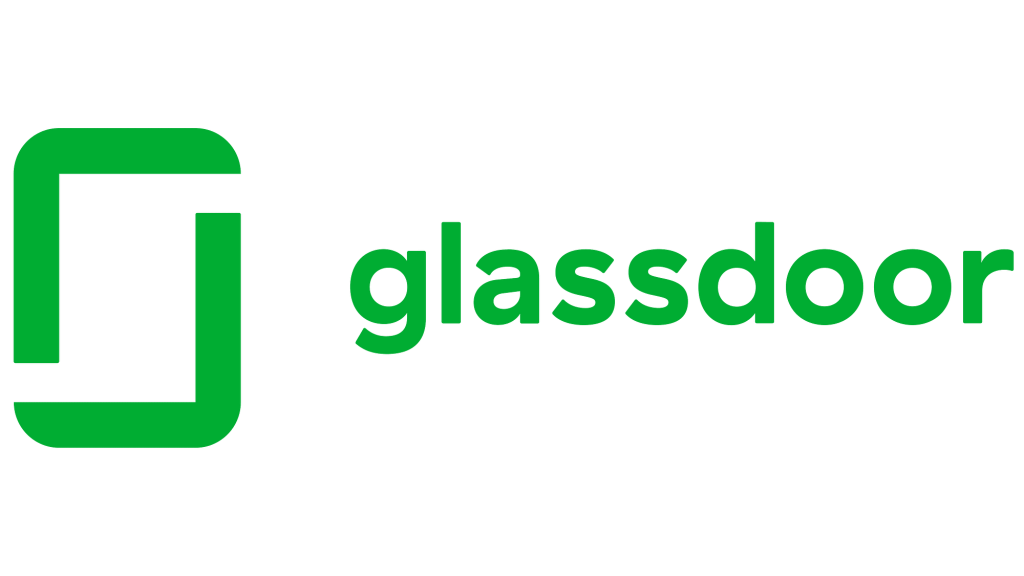If you’re looking to boost your employer brand in 2024, you may very well have considered entering employee engagement awards or gaining a certification. But, with so many to choose from, how do you know the difference, or which is right for your company?
Here, we take a look at five of the most popular, explain exactly how they work, their pros and cons, and how you can get involved.
Top Employer Branding Awards and Certifications 2024
The Sunday Times Best Places To Work List

What is it and how does it work?
Perhaps the best-known employee engagement awards, the Sunday Times Best Places to Work list is produced in partnership with employee experience platform WorkL. Awards are given to the best small, medium, ‘big’ and ‘very big’ organisations, along with special recognition to the workplaces best supporting women, the LGBTQ+ community, disabled employees, ethnic minorities, and younger and older workers. Companies receive employee insights through a dynamic dashboard including benchmark industry data, flight risk and net promoter score. Winners are selected solely from employee surveys across six engagement drivers – empowerment, reward and recognition, job satisfaction, information sharing, wellbeing and instilling pride – which should take no more than five minutes to complete per employee.
Pros
While you will need to submit some additional information about your organisation like benefits, there’s no written part of these awards, making it pretty quick and easy to enter. Another great thing is that because the awards are so high profile, if your organisation does well, you have a high chance of gaining press coverage. You’ll also get logos and certificates to display on your employer branding materials.
Cons
The cost of entering is slightly higher than some engagement surveys, costing £1,500 for medium organisations, and there are also some additional costs you might not foresee such as The Sunday Times logo license which starts at £3,000, determined by the size of your business. Additionally, because this survey is very popular, your organisation will naturally face more competition!
How do I enter?
Head here. Yearly entries generally close around March time.
Best Companies

What is it and how does it work?
Workplace engagement specialists Best Companies measures employee engagement through their ‘b-Heard’ survey, which is then used to generate Best Companies To Work For lists in national, regional and sector-specific categories. Employees are asked to say how they feel about their organisation through a survey which looks at a range of engagement factors by scoring a series of statements on a scale of ‘strongly disagree’ to ‘strongly agree’. The results of the survey are then presented to you through the company’s internal MC3 platform, and if your results are high enough, you’ll earn a Best Companies Accreditation and be entered into the Best Companies To Work For lists.
Pros
Best Companies allows you to see results from employees of differing levels of seniority, so you can see if there are any obvious disparities between say, management and entry level team members. Organisations who score well are also invited to an annual live awards ceremony, with lists announced live through online events in between. Your organisation might also be asked to appear live at one of these events, which can be good fun for the team to watch and get involved in. Once you’ve surveyed, Best Companies also provides data on a fairly granular level which can be useful for organisations to see exactly where they fall short and where they excel. There’s also more chances to place than some other surveys, with sector-specific categories like recruitment and retail.
Cons
The Best Companies Survey takes a little longer to complete than some others, at roughly 15-20 minutes. To get started, there’s also a fairly lengthy written entry section which does not count towards final results, making it seem a little redundant. The platform can also be a little complicated to use if you’re not familiar with it, and you might find it more difficult to garner significant press coverage as these awards are less widely recognised than others. Costs aren’t published online, but from our own experience, medium organisations should expect to pay at least £1000 per quarter (or, per survey period).
How do I enter?
You’ll need to get in touch with Best Companies through their website, such as the contact form which can be found here.
Great Place To Work (Best Workplaces)
What is it and how does it work?
To be eligible to become a Best Workplace, organisations must first complete a certification process. This takes the form of an employee survey (called the Trust Index), along with a short questionnaire about the history and demographics of your company to be completed by your HR team. When an organisation gains an overall Trust Index of 65% or higher, it will become Great Place To Work certified, which makes you eligible to place on the Best Workplaces list. Companies with over 1001 (why 1001? Don’t ask us!) employees are also required to complete an additional culture audit assessment to be eligible. Places are decided using the company’s ‘For All Methodology’, which assesses factors such as respect, pride, camaraderie and fairness. Like Best Companies, Best Workplaces also offers rankings throughout different organisation sizes like small medium and large, along with throughout a range of sectors such as healthcare and engineering.
Pros
The Great Place To Work certification does seem to hold a lot of weight, being chosen by plenty of big names like DHL and Hello Fresh. The company itself claims that the certification can even lead to 40% more applications per job opening. You’ll also get plenty of free certification badges and press materials, along with a company profile on greatplacetowork.co.uk. As for the Best Workplaces list, being a fairly well recognised survey, it could afford your company some good PR opportunities.
Cons
It’s not a con exactly, but it’s unclear exactly how much a typical jobseeker or employee would distinguish between seeing a ‘Great Place To Work’ certification on employer branding materials compared to a ‘Best Workplaces’ certification, and the company itself doesn’t do an especially good job of explaining this either. The exact costs of surveying are also unclear, with fees tailored to each organisation.
How do I enter?
Again, you’ll need to fill out a contact form like this one, and Great Place To Work will get in touch.
Glassdoor Best Places To Work

This one works totally differently to the others we’ve mentioned so far on this list – there’s no self-nomination process, and no costs involved. Instead, awards are based solely on authentic reviews left by employees shared within the same country written within five years of them leaving the company. A minimum number of ratings are required across nine workplace attributes that employees can rate when submitting a company review, including overall company rating, career opportunities, compensation and benefits, culture and values, diversity and inclusion, senior management, work-life balance, recommend to a friend and six-month business outlook. To be included in the UK 50 Best Places To Work For list, a company must have at least 30 ratings across the nine workplace attributes, and have at least 1000 employees.
Pros
Because there’s no payment or self-certification involved, a Glassdoor Best Places To Work certification holds a great deal of weight. The Glassdoor team also takes stringent measures to ensure that reviews are authentic and unbiased.
Cons
Obviously, the big cons here are that only large companies are eligible, and there’s nothing you can do to increase your chances of appearing in the listings aside from making sure all your employees are happy and perhaps giving gentle reminders every now and again (be careful though – an influx of reviews will almost certainly come across as inauthentic!)
How do I enter?
There’s nothing you can do to enter aside from ensuring your company appears on Glassdoor, which it automatically does after your first employee review is submitted.
Mind Workplace Wellbeing Index

What is it and how does it work?
It’s our prediction that we’ll start seeing more employee engagement surveys that focus on the more holistic aspects of working life such as mental wellbeing, which is exactly what this index attempts to measure. The very first step is to speak to a member of the Mind team, then sign up via an email link. After that, you’ll receive a welcome pack and resources to support you throughout the process. Next, you complete an employer assessment followed by an anonymous staff survey which covers factors such as wellbeing initiatives, people management, and support. You then receive survey results and analysis along with recommendations for improvement, and will be eligible to place in Mind’s Workplace Wellbeing Awards. Through the awards, organisations can win bronze, silver and gold, along with special awards such as ‘Committed to Action’.
Pros
By taking part in the index, your organisation will receive an Index Award badge and comms toolkit, along with lots of resources to help further support your team’s mental health. Mind’s Workplace Wellbeing Awards give your team the chance to attend a fun in-person event, and are a great way to showcase your organisation’s commitment to mental wellbeing. The survey results also provide data that some other surveys do not, like anonymised quotes from members of your team.
Cons
The biggest con here is undoubtedly the expense, with prices starting at £3000 for small organisations up to £16,500 for very large organisations of 10,000 people or more. However, unlike Best Companies and Great Place To Work, costings are clear and it’s obvious what you’ll actually receive in return. Plus, your money will go to a great cause!
How do I enter?
You’ll first need to fill in an online form. The whole process normally needs to be completed by early March.
Looking to boost your employer brand in 2024? We’re here to help. Our recruitment marketing specialists can help optimise your workplace engagement factors before surveying, guide your team through the surveying and assessment process, and help you nail tricky online application forms. To learn more, get in touch!

